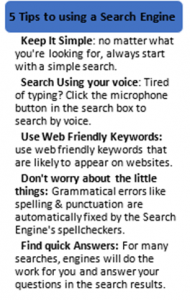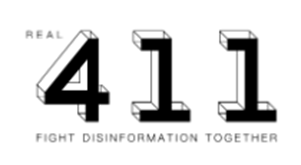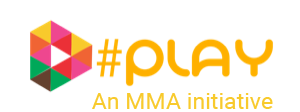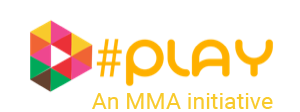Finding Information Online
Media Monitoring Africa initiative
Learn to critically engage with social media
How to find answers online and tips on who is credible.
When you need to know about a particular topic, how do you know which website to visit? If you’re like most people, you will probably turn to an internet search engine or web browser for answers.
So, what are Search Engines and Web Browsers?

Search Engines: special websites on the internet that are designed to help people find information stored on other websites.
Web browsers: computer programs or apps that enable internet users to access, navigate and search worldwide websites.
The are many different browsers and search engines, but they all perform 3 basic tasks:
- They search the Internet.
- They keep a list of words they find, and where they find them.
- They allow users to look for words or combinations of words found in that list.
Some of the most popular search engines are:
- Yahoo
- DuckDuckGo
- Bing

Which Websites can I trust online?
Using Credible Websites
How can you tell if a website is a trustworthy source of information? You can assess if a website is trustworthy or not by using the CRAP test:
Currency – How recently has the website been updated?
Reliability – Does the creator of the website provide references or sources for data or quotations from reputable sources?
Authority – Who is the creator or author? What is their knowledge & experience on the topic? Is contact information provided?
Purpose/Point of View – Is this fact or opinion?
Is the creator/ author trying to sell you something. Try and figure out why the creator made that content and ask yourself what are their motives?
If the website doesn’t pass the CRAP test, you should think twice about staying on it or even using the information on it.
Understanding Disinformation & Misinformation
It’s hard to believe that the news we read can sometimes be untrue, but as more people have access to the internet and social media, more internet users who aren’t trained & skilled journalists have the power to report news content. The tricky part about this kind of news is that not all of it is untrue, making it hard to figure out which parts are true and which parts are credible and which not so much. So, now more than ever, it’s vital to know the difference between information that is factual and information that is misleading.
Difference between Disinformation and Misinformation:
| Terminology | Misinformation | Disinformation |
| Definition | False or inaccurate information that is spread regardless of intent to mislead. | False, inaccurate or misleading information designed, presented and promoted to intentionally cause public harm. |
| Intent | Non-malicious, spread out of ignorance | Malicious, purposefully deceptive |
| Examples | Inaccurate Statistics, Conspiracy Theories, Satire taken as fact | Hate Speech, Election Propaganda, phone scams, SMS scams, phishing emails |
As a response to this dilemma, Media Monitoring Africa has created a platform for reporting cases of mis/disinformation –www.REAL411.org.za.

Want to know more about dis/misinformation?
Here is a list of websites that you can visit to learn more about the different between misinformation and disinformation:
Misinformation vs. Disinformation: Here’s How to Tell the Difference (rd.com)
Misinformation Vs. Disinformation, Explained (businessinsider.com)
Get The 411 On Misinformation, Disinformation and Malinformation (forbes.com)

